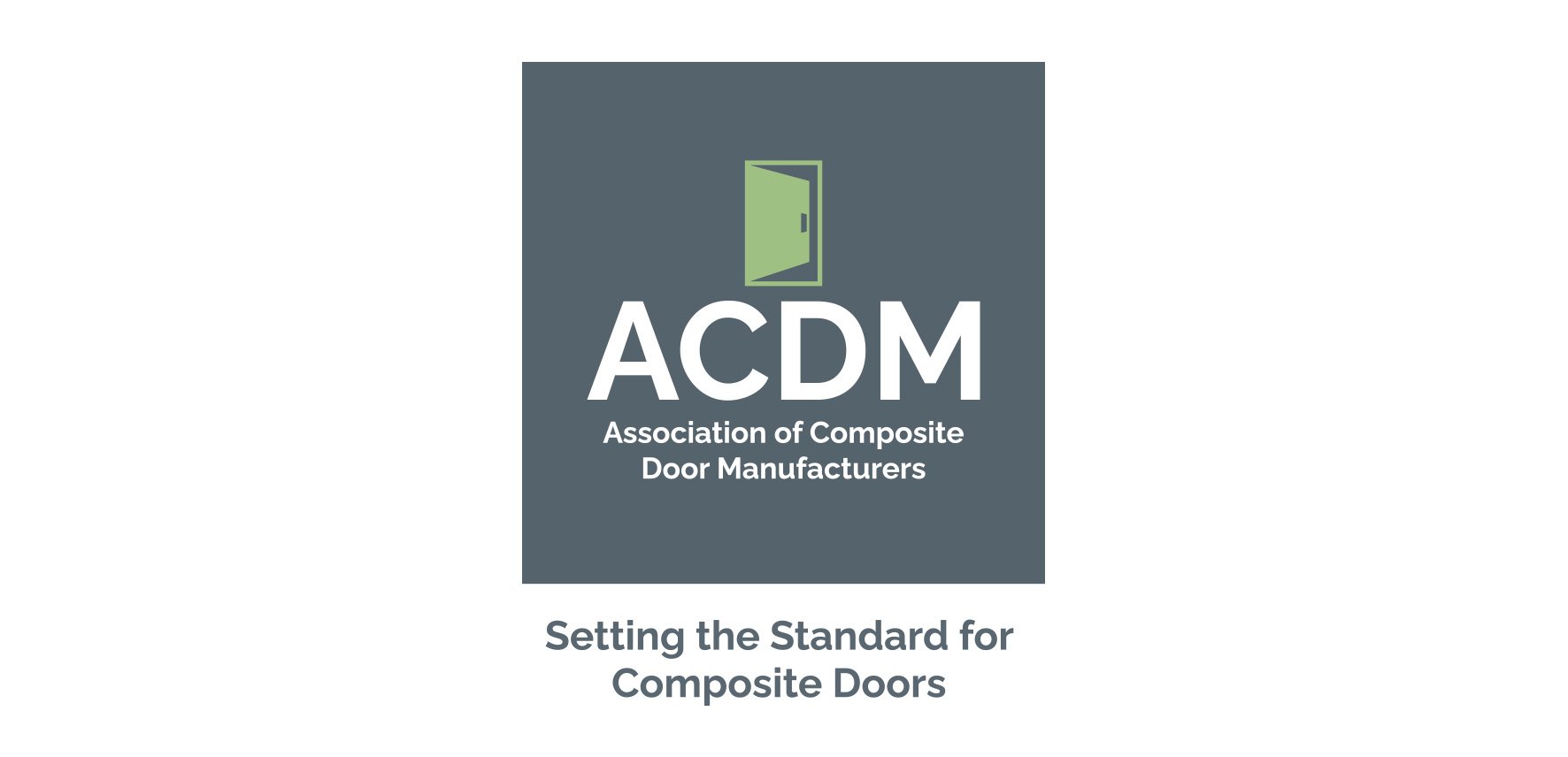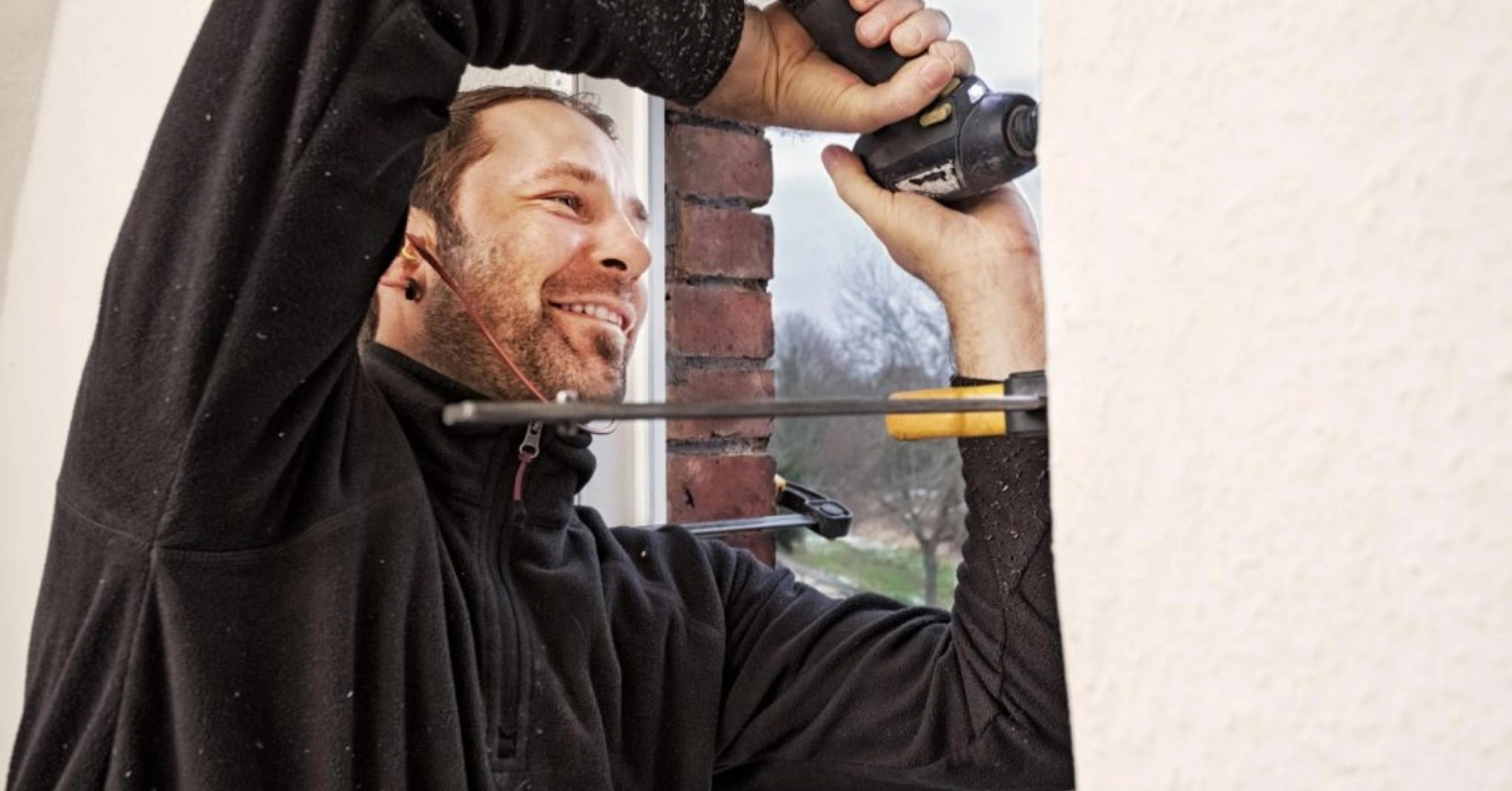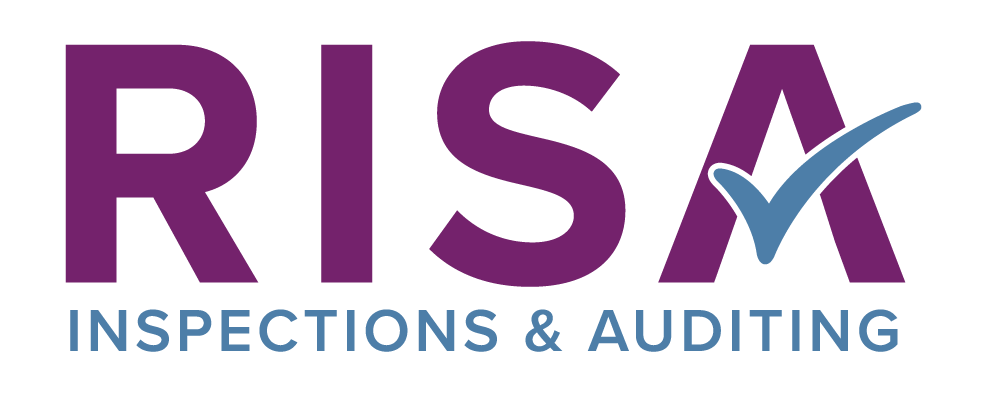GGF Supports Grenfell Report Findings and Encourages Industry Action
This week the UK Government released the final Grenfell inquiry. The GGF welcomes the report and are fully supportive of any and all findings within it. It will be imperative the construction sector comes together to showcase its ability to implement any and all findings from the report quickly and effectively.
The GGF will liaise with Government, and act as a focal point for discussions, to advise on the glass and glazing industry’s expertise and capacity to deliver work at pace on any major construction programmes across the UK.
Group Consumer Press Response
The report is a crucial document that the GGF are fully supportive of. The whole construction industry must come together to support the Building Safety Regulator and ensure homes, offices and public buildings are safe.
We will provide advice to government on the latest methods of glass and glazing within construction and ensure access to the necessary technical expertise within the industry when required.
What Are FENSA’s/GGF’s Immediate Thoughts on the Inquiry Findings?
Grenfell must be used as a catalyst for change. The inquiry’s findings to date have been fair and accurate and the final report will provide the industry with a manifesto for improvements in a whole host of areas.
Is Our Industry To Blame At All?
No. There is no evidence to suggest the windows were not fitted in line with building regulations. The fire’s spread and the resulting loss of life were the result of a combination of failures in building materials, construction practices, regulatory oversight and emergency response alongside a lack of competence around product information and traceability.
While the windows and doors might have played a role in the building’s overall fire safety performance, they were not the primary cause of the fire’s rapid spread. The focus of the post-Grenfell investigations and subsequent reforms has been on the systemic issues, particularly the use of unsafe cladding and insulation materials, regulatory gaps and the need for comprehensive fire safety measures in high-rise buildings.
What Can We Learn As An Industry From Grenfell?
Every sector within construction will have to critically reflect and glass and glazing is no different. It’s imperative that we take the findings from the inquiry, implement all suggested changes and ensure we have a systematic approach, based on empirical evidence, to guarantee it never happens again.
What Has The Industry Done Since Grenfell To Ensure It Can’t Happen Again?
Since the fire in 2017 there have been numerous measures implemented to prevent a similar tragedy from occurring. These changes span regulatory reforms, safety protocols and industry practice. They all aim to address the failures that contributed to the disaster.
Have H&S Standards Improved Since Grenfell?
Yes. Significantly. The tragedy highlighted critical deficiencies in fire safety and building regulations. One of the most notable changes has been the introduction of stricter regulations regarding the use of combustible materials in the construction of high-rise buildings. The UK government has banned the use of such materials in the exterior walls of new residential buildings over 18 meters tall, as well as in hospitals, care homes and student accommodation.
Additionally, new legislation like the Building Safety Act 2022 places clear responsibilities on those involved in the design, construction, and management of buildings. These measures aim to ensure that safety considerations are integrated into every stage of the building process. A new Gateway system for Higher Risk Buildings (HRB’s) provides the mechanism by which a construction project can pass through stages of planning, building control approval and completion stage. This robust process means that the regulatory regime for HRB’s will put resident’s safety first.
Furthermore, the introduction of mandatory building safety case reviews and the requirement for building owners to demonstrate ongoing compliance with safety regulations have reinforced the commitment to high safety standards. The establishment of a new building products regulator to oversee the safety and performance of construction products is another significant development. These reforms collectively represent a substantial improvement in health and safety standards, fostering a culture of safety that prioritises the well-being of occupants and workers in the building industry.
What Impact Do FENSA/GGF See The Building Safety Regulator Having On Our Industry?
The Building Safety Regulator (BSR) will have a profound impact on our industry. The more rigorous inspections and higher accountability for developers, contractors, and property managers etc will have long term implications for us. Companies will need to invest in training and qualifications to meet these new standards, potentially leading to increased costs in the short term but ultimately resulting in safer, more resilient buildings.
Another significant impact of the BSR will hopefully be the enhancement of transparency and trust within the industry. The clear guidance and oversight provided will help streamline processes and reduce any ambiguity surrounding safety requirements. This increased clarity will benefit everyone by fostering a culture of safety and compliance. Moreover, the BSR’s role in investigating and addressing safety concerns will likely drive innovation as companies seek new materials, technologies and methods to meet requirements more efficiently.
Overall, while the introduction of the Building Safety Regulator will necessitate adjustments and potentially significant upfront investments, it will ultimately lead to higher safety standards and improved industry practices.

 Emergency Glaziers
Emergency Glaziers GGF Shop
GGF Shop MyGlazing.com
MyGlazing.com Find a GGF Member
Find a GGF Member













